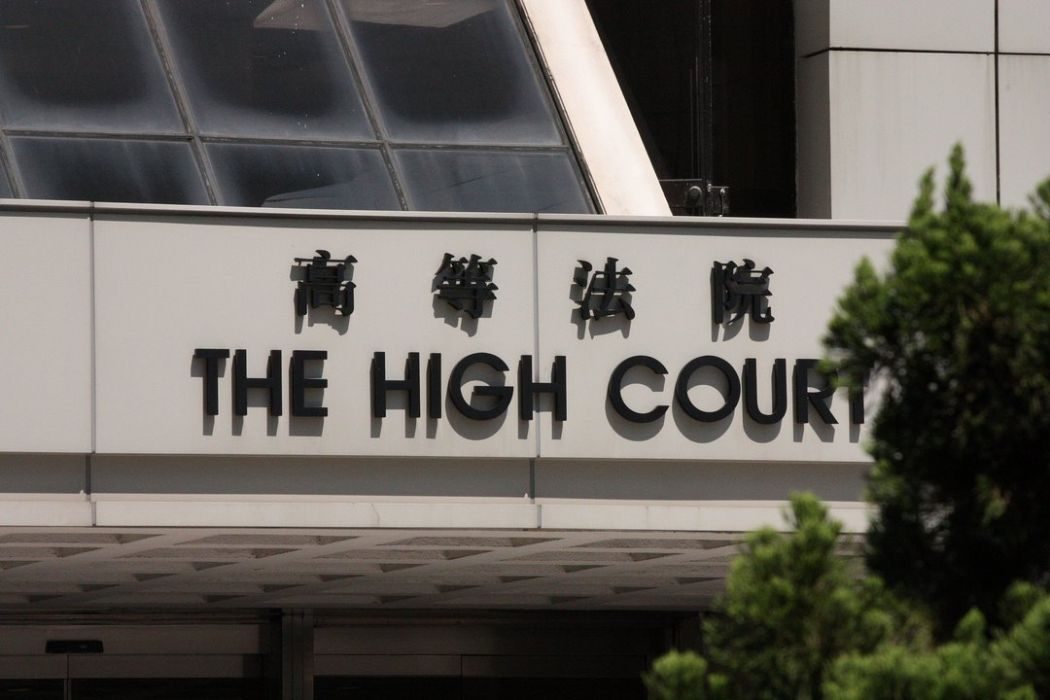The Court of Appeal has ruled in favour of a lesbian expatriate who was previously refused a spousal visa by the Immigration Department.
The applicant, QT, entered into a civil partnership with another woman, SS, in the UK in 2011. But when SS came to Hong Kong for work, the Immigration Department only allowed QT to enter the city on a tourist visa. QT then challenged the decision by filing a judicial review.

She lost the case at the Court of First Instance last year. The judge ruled that there was no discrimination by the Director of Immigration, adding that it would have been unlawful for the director to act differently because of the definition of marriage under Hong Kong law. QT subsequently launched an appeal.
The Director of Immigration argued that in the department’s policy for granting dependant visas, “spouse” refers only to husband and wife in a heterosexual and monogamous marriage, as it is the only form of valid marriage recognized under Hong Kong law.
The director also said the policy strikes a balance between “maintaining Hong Kong’s continued ability to attract people with the right talent and skills to come to Hong Kong to work” and “the need for a system of effective, strict and stringent immigration control.” In order to achieve this balance, the director must adopt “a bright-line rule, based on marital status as defined by Hong Kong’s matrimonial law and which the Director is obliged to follow and give effect to.”

In a 69-page judgment handed down on Monday, the court said that a dependant visa does not have the legal effect of the Director recognising the validity of the relationship, heterosexual or homosexual, under Hong Kong law, and that the director “is not legally obliged to follow and give effect to marital status as defined in Hong Kong law, even if it is sanctioned by the Basic Law.”
“In fact, the Director does not do so in every scenario. For it is the Director’s own case that for polygamous marriages, he allows the sponsor to bring with him any one of his spouses at his own choosing,” the court continued.
The court said that the Director’s handling of polygamous marriages “contradicts his case in two significant ways,” in that the Director could not have allowed such applications had he been legally obliged to follow Hong Kong matrimonial law.
In granting dependant visas to those in polygamous marriages, the court said, “it cannot be seriously suggested… that the Director has thereby recognized the validity of such marriage. It destroys the argument of recognition of any form of marriage other than what is legal under Hong Kong law by way of backdoor.”
The Court of Appeal said the director therefore has not proven that confining the definition of “spouse” to those in marriages recognised by Hong Kong law “is rationally connected” to the aim of striking the balance between attracting talent and immigration control. Therefore, it concluded, the Director has “failed to justify the indirect discrimination on account of sexual orientation.”
The court asked QT and the department to come up with a proposed arrangement within 28 days.
